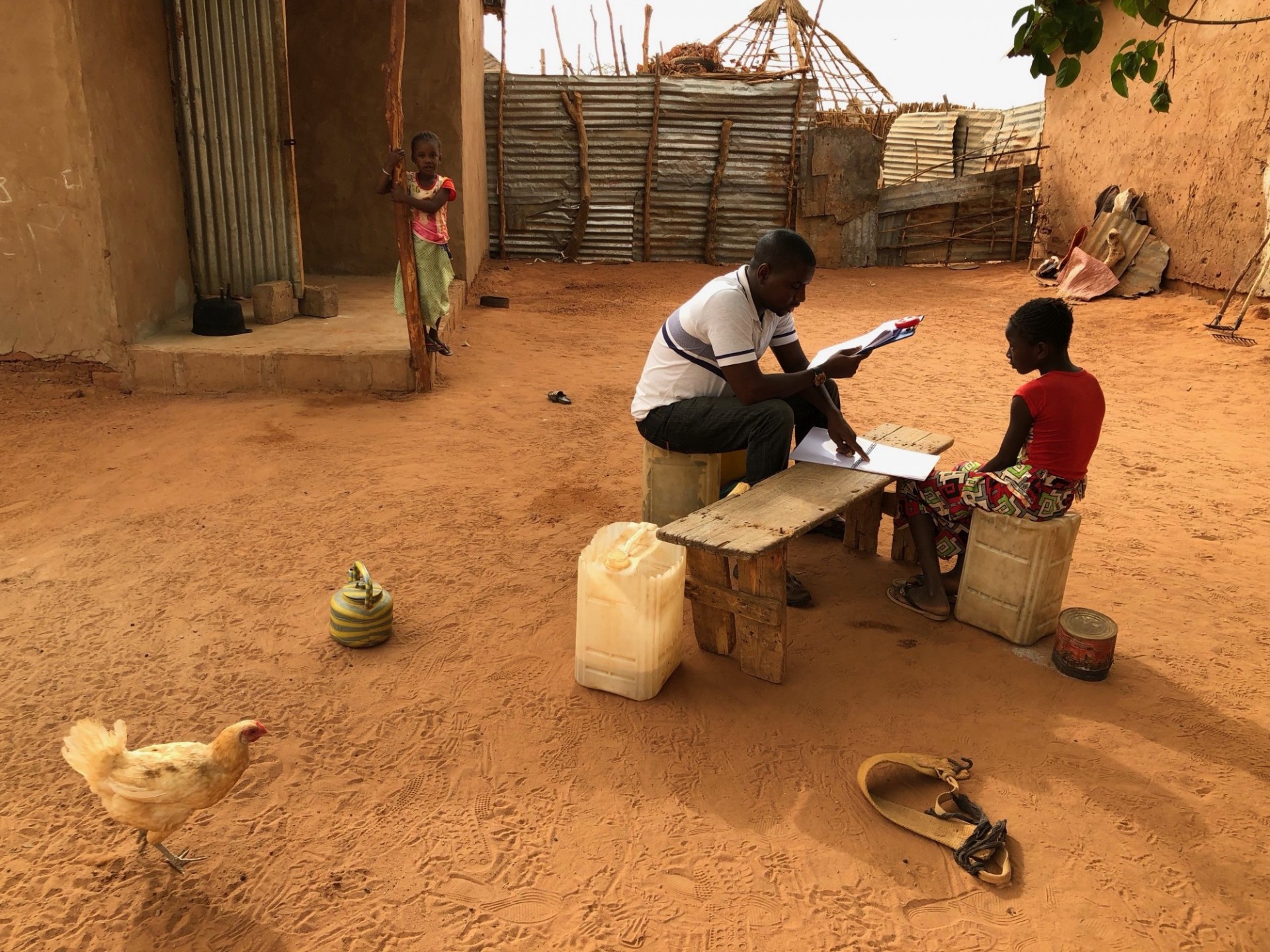Delivering early-grade education in pockets of extreme poverty
Investigator: CDEP Affiliate Alex Eble
Despite large global gains in income, education, and health, pockets of extreme poverty persist in rural, hard-to-reach parts of low-income countries, especially in South Asia and sub-Saharan Africa. In these areas, most children born today will grow up functionally illiterate and innumerate and will have a much lower life expectancy than those who live in better-served urban and peri-urban areas of the same countries.
This project aims to understand how we might effectively deliver early-grade learning to children in such areas, focusing on foundational literacy and numeracy skills and with the hope of catalyzing a chain of positive impacts on later education and life outcomes. The research is driven by the theory that programs must simultaneously address multiple complementary needs to generate transformative change in these children’s learning trajectories.
So far, the project has generated a series of studies which evaluate a model of teacher-focused intervention that “bundles” multiple interventions known to work in isolation. This approach has been effective in targeting issues, such as extreme poverty, that single-pronged interventions usually fail to improve significantly. By evaluating a combination of prongs likely to enhance each other’s effects, the research work in this topic moves beyond most previous research, which has focused primarily on evaluating the impact of individual intervention prongs.

In papers published in The Journal of Development Economics and The Journal of Public Economics, we report the results of randomized controlled trials conducted in two countries – The Gambia and Guinea Bissau, respectively – evaluating such interventions delivered in the early years of primary school. The results from these two studies showed that even in pockets of extreme poverty in the developing world, and particularly in rural parts of sub-Saharan Africa, children can learn at levels usually seen only in far wealthier countries - but only if they get the right inputs. In each study, a teacher-focused intervention that bundled together multiple prongs known to work in isolation dramatically raised child learning and levels of foundational literacy and numeracy, showing gains far greater than previously thought possible in such areas.
A companion working paper shows how demand and supply combine to generate learning in settings of extreme poverty such as these.
Ongoing work aims to follow these children into adulthood, surveying study children, their families, and their communities in both countries. This work will measure child learning in adolescence in order to see how these initial learning gains persisted or faded out, and to estimate how they affected later learning, both inside and outside of school. It will also see how early learning gains for these children affected people in the communities around them.
